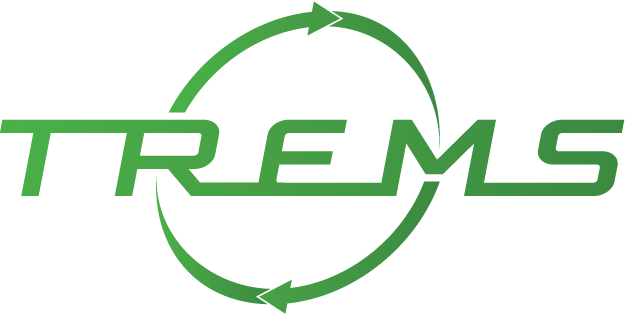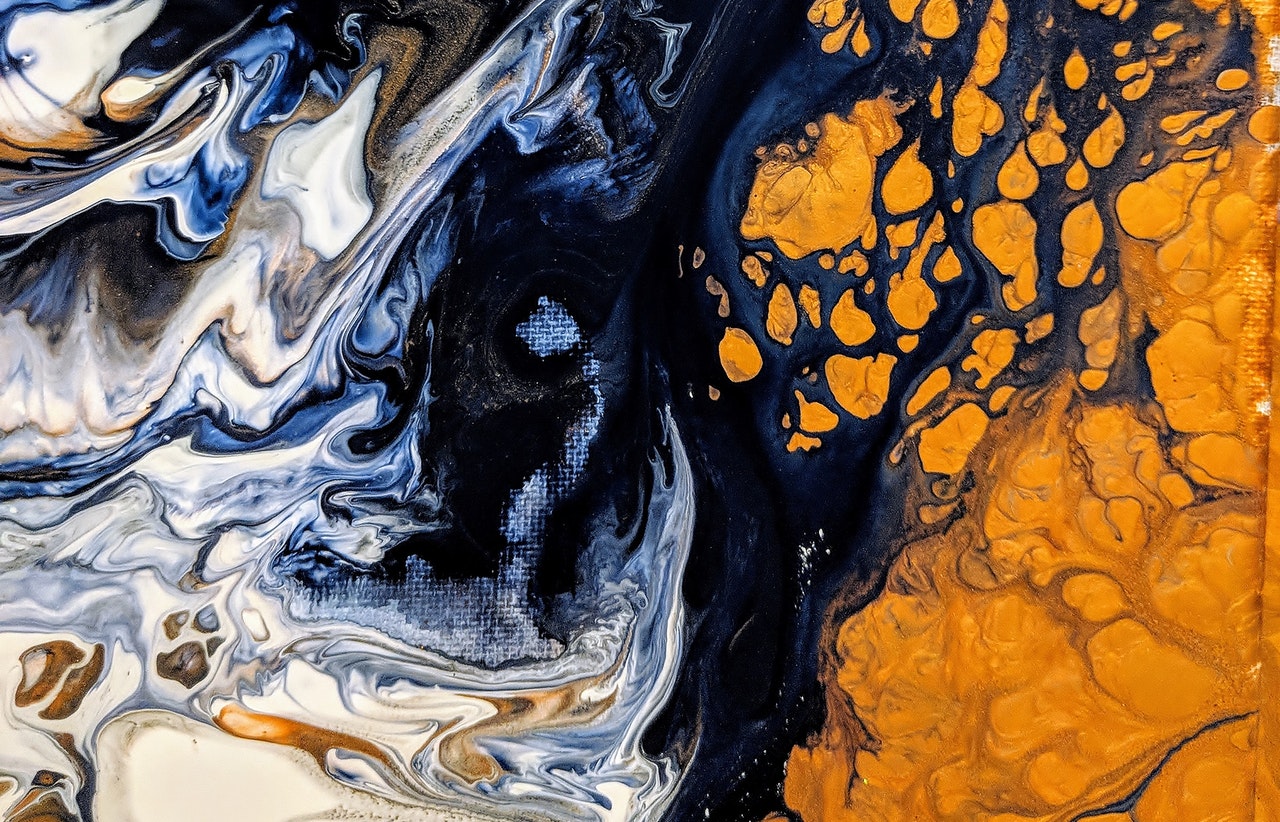Landfill leachate management is one of the major concerns when it comes to solid waste management through landfilling or open dumping. Leachate is generated due to percolation of rainwater through degrading waste and moisture content of waste matter. This liquid consists of dissolved organic matter, inorganic macro compounds, heavy metals and xenobiotic organic compounds. In recent studies, leachate has been identified to be a main secondary source of emerging contaminants including poly and perfluoroalkyl substances. In order to eliminate the environmental impacts and to satisfy regulatory requirements of leachate discharge, leachate should be managed properly. Treatment of landfill leachate is the most used method of leachate management. Different treatment technologies have been utilized to treat leachate and membrane bioreactor has proven to perform well in leachate treatment. The capability of removing emerging contaminants from landfill leachate using an enhanced membrane bioreactor is required to study. Therefore this research aims to investigate the enhancements on membrane bioreactor to treat leachate, targeting the removal of emerging contaminants.
The scope of this RMIT research project consists of characterizing leachate, identifying emerging contaminants including poly and perfluoroalkyl substances (PFASs) and treating leachate from landfills of Sri Lanka. Initially, landfills in Sri Lanka are identified and leachate from them is characterized in terms of organic pollutants, nutrients, heavy metals and emerging contaminants. In the first phase of the research, the performance of a membrane bioreactor in treating landfill leachate is assessed. Under this, the reactor is used as an aerobic activated sludge process with submerged membrane separation unit and as anaerobic, anoxic and aerobic activated sludge system with submerged membrane separation unit are tested in two steps. Performance of the treatment system in terms of removal of organic contaminant, nutrients and heavy metals will be assessed and treatment system is optimized. In the second phase, the performance of the system for removing emerging contaminants from landfill leachate will be assessed and the system will be modified to cater to the removal of emerging contaminants effectively. Use of powdered activated carbon and the use of tertiary treatment of leachate using advanced membrane filtration technique will be studied to identify the combination with the highest efficiency to remove emerging contaminants from landfill leachate.



